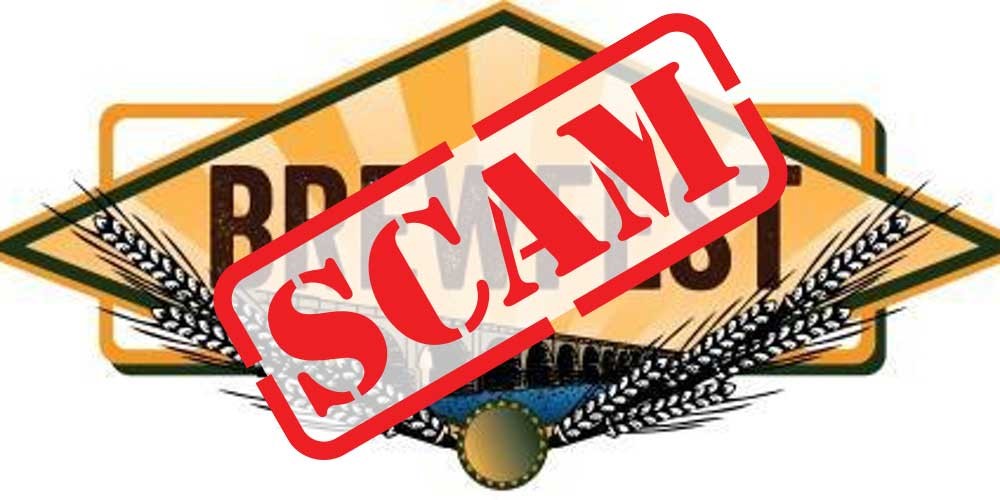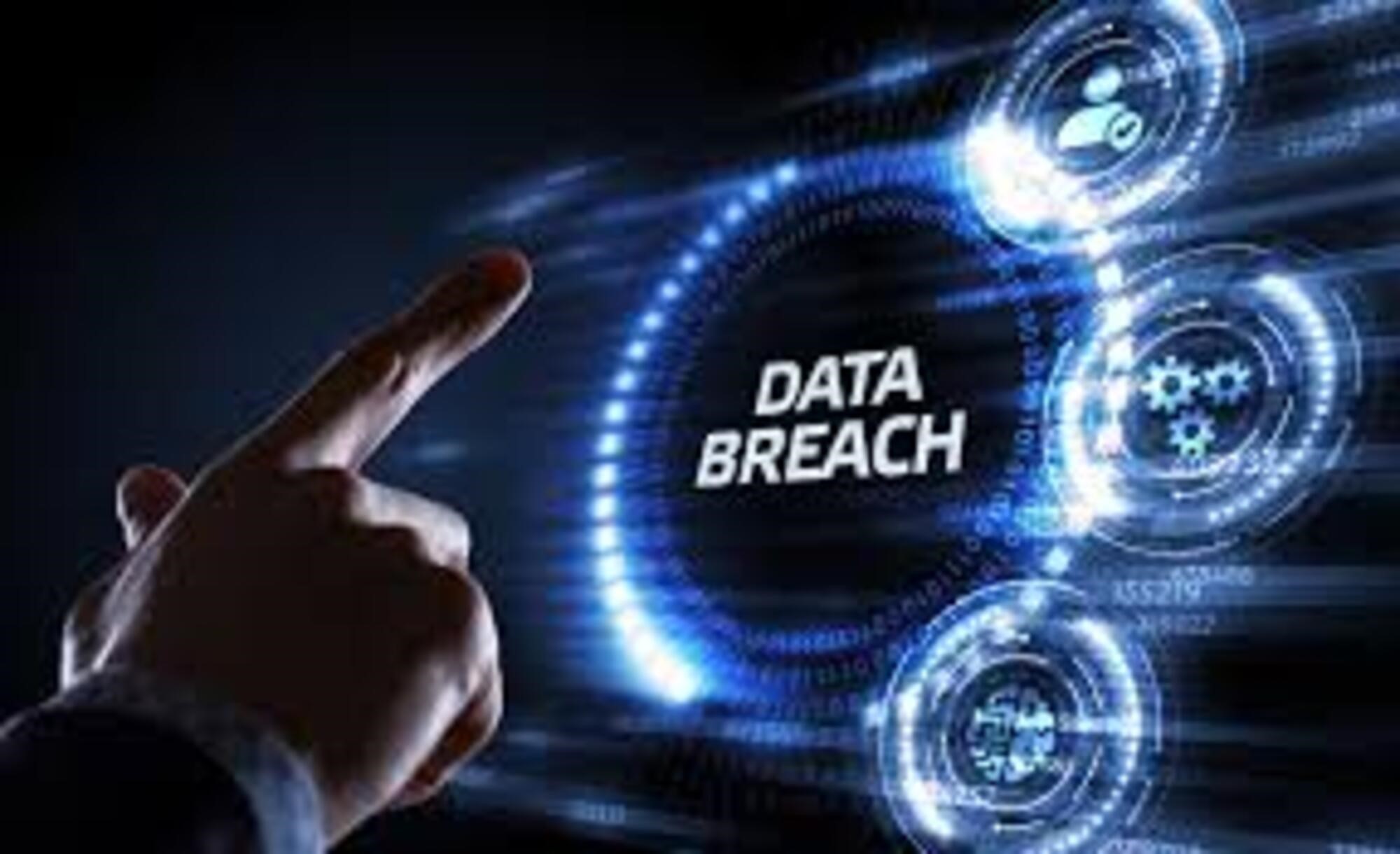Every scam begins long before the money moves. It begins with a story; one written for you, rehearsed by someone else, and perfected to make you believe you’re in control.
Whether it’s a phone call, an email, a text message, or even a well-dressed stranger at your office reception, every scam follows a predictable script. And the sad truth? It works because people stick to theirs; polite, trusting, distracted, and afraid to offend.
Fraudsters don’t steal your money. They borrow your confidence and make you hand it over.
Scams are not random. They are performances, each with a cast, a plot, and an audience: you. The actor (the fraudster) studies your habits, your tone, and your weaknesses. The script is tested and refined on thousands of victims before it reaches you. And the stage is wherever you feel safe: your phone, your office, your inbox, or your church WhatsApp group.
The moment you engage, the scene begins.
“Good morning, this is the bank. We’ve detected unusual activity on your account…” Or, Congratulations! You’ve been shortlisted for an interview; please confirm by paying a processing fee.”
Each line is rehearsed to trigger emotion, fear, greed, curiosity, or guilt.
And once you respond, the scam doesn’t need force; it has your trust.
Why smart people fall for scams
“Intelligence doesn’t prevent fraud. Ego enables it.” Executives, bankers, and engineers; they all get conned. Not because they are naïve, but because they believe they can’t be deceived. That’s exactly what scammers count on.
In one investigation Summit Consulting handled, Subject 1, a senior procurement officer, received an email “from a supplier” offering a bulk discount. The email signature matched the real vendor. The only difference? A single letter in the domain name.
He approved the transfer. UGX 86 million gone in a day. When interviewed, he said, “It looked real.” Of course, it did. It was designed to.
Fraudsters don’t need to hack your system; they hack your assumptions.
Every scammer studies one thing religiously: human behaviour.
They understand how we respond to urgency, authority, and validation. They use simple tactics:
- Fear: “Your account will be closed if you don’t act now.”
- Greed: “You’ve won a prize but need to pay a processing fee.”
- Flattery: “We’ve selected you for an exclusive opportunity.”
- Guilt: “I’m in trouble, please help; you’re my only hope.”
Each message triggers a reflex, not reflection. The moment emotion replaces reason, the script wins. You don’t need to be foolish to fall for a scam; you just need to be human.
The new frontier: corporate scams
Fraudsters have upgraded. They no longer target individuals alone; they target systems through people. They impersonate CEOs through email spoofing, requesting “urgent wire transfers.” They infiltrate board communication channels with fake attachments.
They pose as vendors seeking “payment verification.” In one Ugandan firm, Suspect 2 impersonated a regulator and sent “compliance forms” to the finance team. The forms carried malware that captured passwords.
By the time IT noticed, the company’s vendor accounts had been drained. Every scam has a script. The question is: why do organizations keep playing along? Because culture rewards compliance, not curiosity. Staff are trained to respond quickly, not wisely.
When professionalism becomes vulnerability
In many organizations, employees are taught to be polite; to respond immediately, to trust hierarchy, to avoid questioning authority. That’s precisely what fraudsters exploit. They impersonate bosses because they know subordinates won’t verify. They rush requests because they know no one wants to delay “urgent” matters. They use an official tone because we equate professionalism with legitimacy.
“The same obedience that makes you efficient can make you a victim.”
Good governance requires courage to question, not just competence to act.
How to break the script
The only way to beat a scam is to step off the stage. Pause before you respond. Fraud relies on urgency. Every scam begins with “now.” Delay is your best defence.
- Verify the source. Call the organization using official contacts, not the ones provided in the message.
- Normalize scepticism. Doubt is not rudeness; it’s due diligence.
- Report and educate. Every scam you report protects someone else.
- Scammers lose when people share their stories. Silence sustains the script.
Case study: the deepfake deception
In 2024, a multinational firm nearly wired $1.1 million after its CFO received a video call from the “CEO.” The call was perfect: voice, face, gestures; all AI-generated.
The scam failed only because the finance officer noticed the CEO’s background was slightly blurred and called to confirm. Technology is no longer the threat. Trust is.
As AI advances, fraudsters no longer need access; they need believability.
Boards must prepare for a future where seeing is no longer believing, and verification becomes a moral duty, not a bureaucratic step. The greatest threat to your organization is not external fraud; it’s internal compliance without critical thinking.
Fraudsters don’t always need your password; they need your cooperation. They script the lines. You deliver them faithfully. Risk management, therefore, is not just about controls; it’s about consciousness.
Train your people to think, not just to follow. To question, not just to act. Because when everyone performs their role perfectly, the scam runs smoothly.
Scams succeed when leadership underestimates human vulnerability.
Boards must demand cyber awareness that’s continuous, not ceremonial.
Ask management:
- How often do we test staff with simulated phishing attempts?
- How quickly are fraud reports escalated?
- Who owns the culture of verification here?
Make fraud awareness part of board oversight, not IT housekeeping. Leadership is not about trusting less; it’s about verifying more intelligently.
Every scam has a script. It’s predictable, emotional, and always urgent. But every leader has a choice: to play along or to rewrite it. Fraud prevention begins the moment you stop being an actor and start being an author of your own vigilance, your own decisions, your own awareness.
Because in the theatre of deception, the smartest person is not the one who knows the lines; it’s the one who walks off stage.





